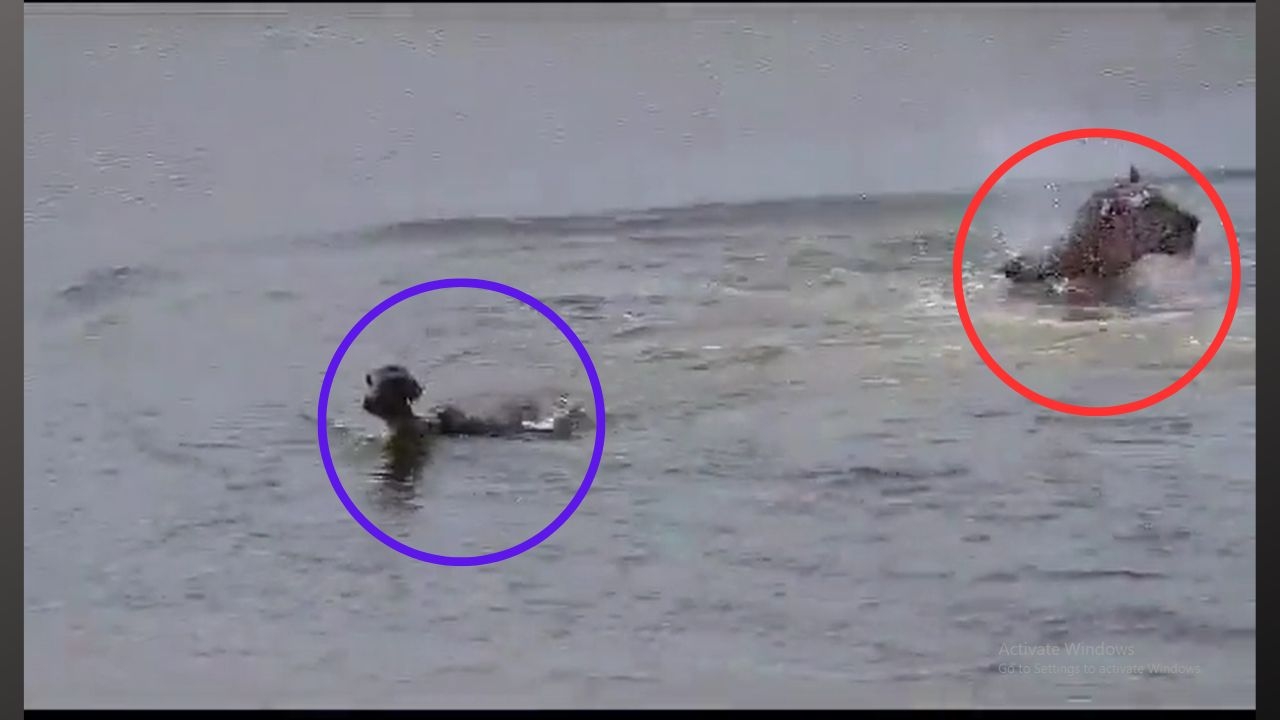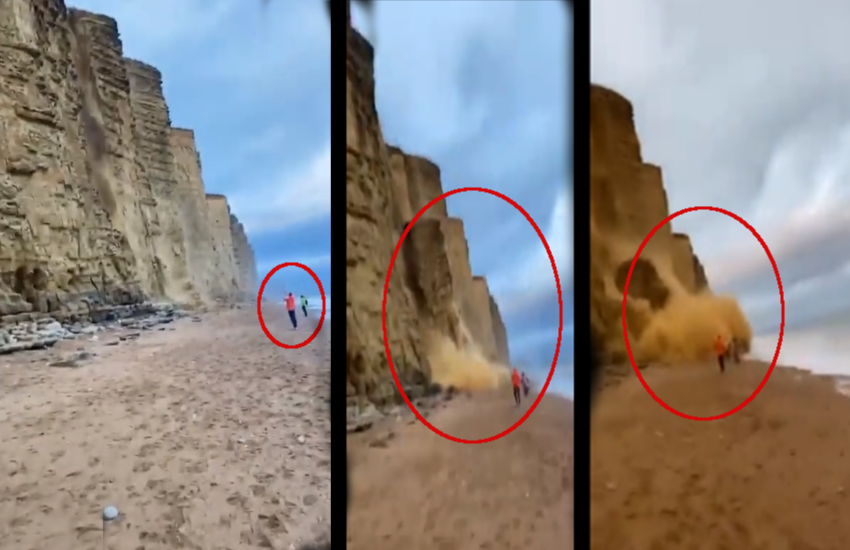
News of the death of the Great Barrier Reef - the 2,300 km-long barrier reef in Australia - sparked furore after writer Rowan Jacobsen published an obituary mourning its demise.
In his piece in Outside Online, Jacobsen wrote that the network of reefs "passed away in 2016 after a long illness". While his piece went viral, with other media houses and social media users expressing their sorrow at the news, scientists have said that reports about the death of the world's largest coral reef are greatly exaggerated.
What is the Great Barrier Reef?

The Great Barrier Reef, an ecosystem that lies off the east coast of Australia, is the largest living entity on the planet.
The Great Barrier Reef draws tourists from around the world, who flock to see its abundant marine life and over 2,000 individual reef systems and 900 islands. One of the seventh natural wonders of the world, the Great Barrier Reef is the only living thing on the planet that is visible from outer space.
So is the Great Barrier Reef dead?
Contrary to the 'doomsday' reports, the 25 million-year-old strcture is not dead. However, bleaching - when warm water strips off the protective photosynthetic algae off the coral - has caused severe stress to the corals.
The bleaching effect, which has been aggravated by the El Nino, has warmed the water like never before, starving the coral of nutrition. Divers on the Great Barrier Reef have spotted large areas with degraded coral, with some reporting the smell of rotting, dying coral when they emerge from the deep.

While the numbers don't sound encouraging, corals have the ability to recover and scientists believe that the latest bleaching event - said to be the worst in human history - may just teach the reef a few lessons in adaptation.
Research from the Great Barrier Reef Marine Park Authority shows that "22% of the coral on the reef died due to the worst mass bleaching event on record".
"It's not too late for the Great Barrier Reef, and people who think that have a really profound misconception about what we know and don't know about coral resilience," Kim Cobb, a professor in Georgia Tech's School of Earth and Atmospheric Sciences told the LA Times.

"There will be reefs in 2050, including portions of the Great Barrier Reef, I'm pretty confident of that. I'm put off by pieces that say we are doomed," Cobb told The Guardian.
With the pace of global warming, genetic engineering will be required to repopulate reefs though some corals may be able to adapt, the Guardian reported.
How can you help?

Russell Brainard, head of the coral reef ecosystem Program at Noaa's Pacific Islands Fisheries Science Center, told the Huffington Post that some people "are going to take it at face value that the Great Barrier Reef is dead".
"There is a lot we can do to minimise climate change and we need to get going on that. To say reefs are finished and we can't do anything about it isn't the message we need going forward," he said.
Here's how you can help:
Refrain from visiting the Great Barrier Reef
Last Chance Tourism has boomed around the suffering reef, a trend that may aggravate the situation further. Refrain from giving in to these campaigns, and support organisations that are reef-friendly.
Do your bit to reduce pollution and global warming
- Use products that are safe for the environment in order to avoid runoff from affecting marine life around you.
- Reduce the use of plastic products, which are deadly for marine life
- Adapt renewable energy
- Refrain from littering near water bodies

Support/Donate/Volunteer
- Spread awareness about the dying coral reefs around the world.
- Ask your government to dedicate funds to preserving coral reefs.
- A number of conservation organisations are working around the clock to ensure that future generations can also marvel at the Great Barrier Reef. Find out how you can donate and volunteer to do your bit. Start with Fight For The Reef - a partnership between the Australian Marine Conservation Society and WWF-Australia.







![BJP's Kapil Mishra recreates Shankar Mahadevan’s ‘Breathless’ song to highlight Delhi pollution [WATCH] BJP's Kapil Mishra recreates Shankar Mahadevan’s ‘Breathless’ song to highlight Delhi pollution [WATCH]](https://images.catchnews.com/upload/2022/11/03/kapil-mishra_240884_300x172.png)

![Anupam Kher shares pictures of his toned body on 67th birthday [MUST SEE] Anupam Kher shares pictures of his toned body on 67th birthday [MUST SEE]](https://images.catchnews.com/upload/2022/03/07/Anupam_kher_231145_300x172.jpg)






